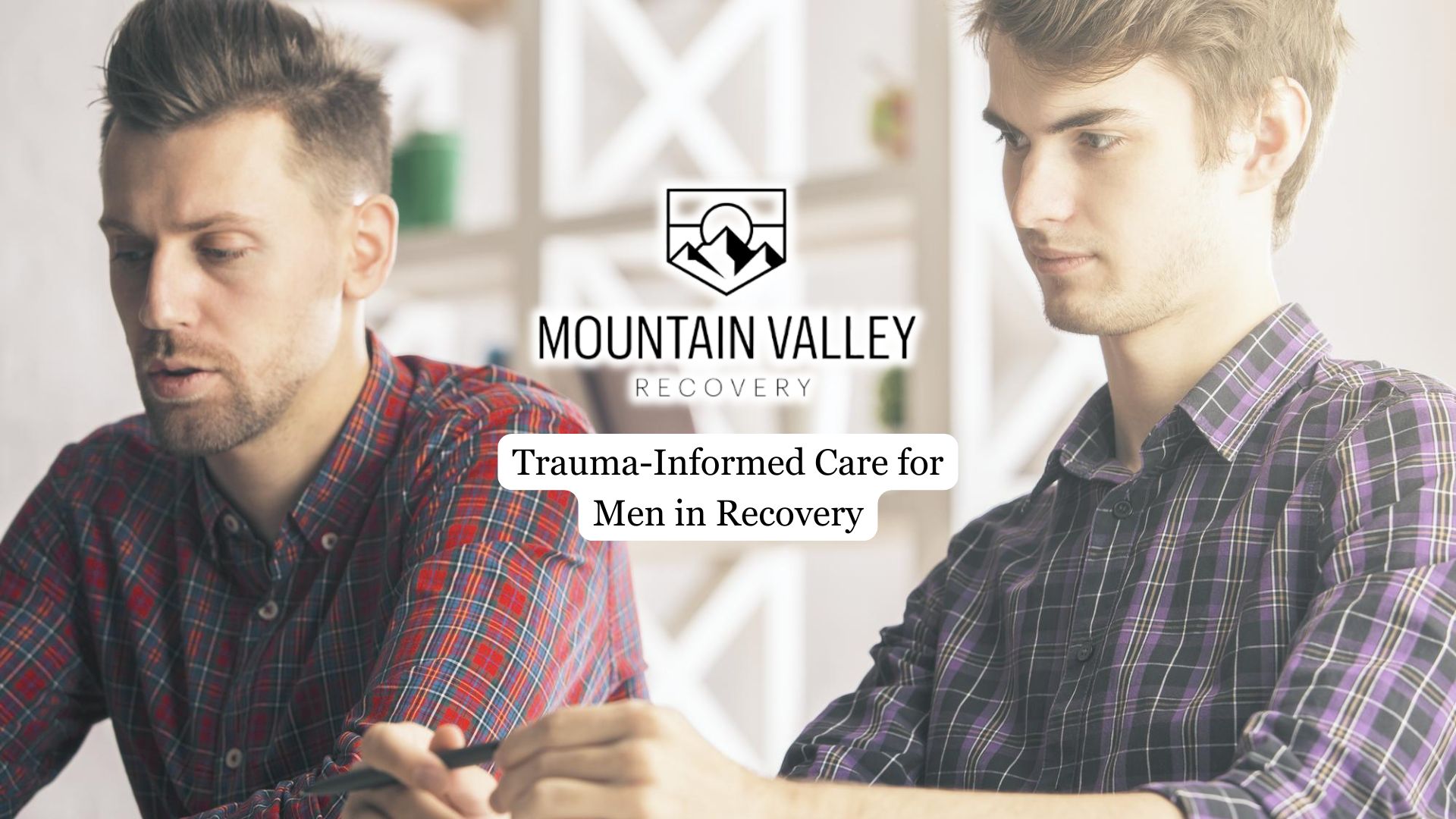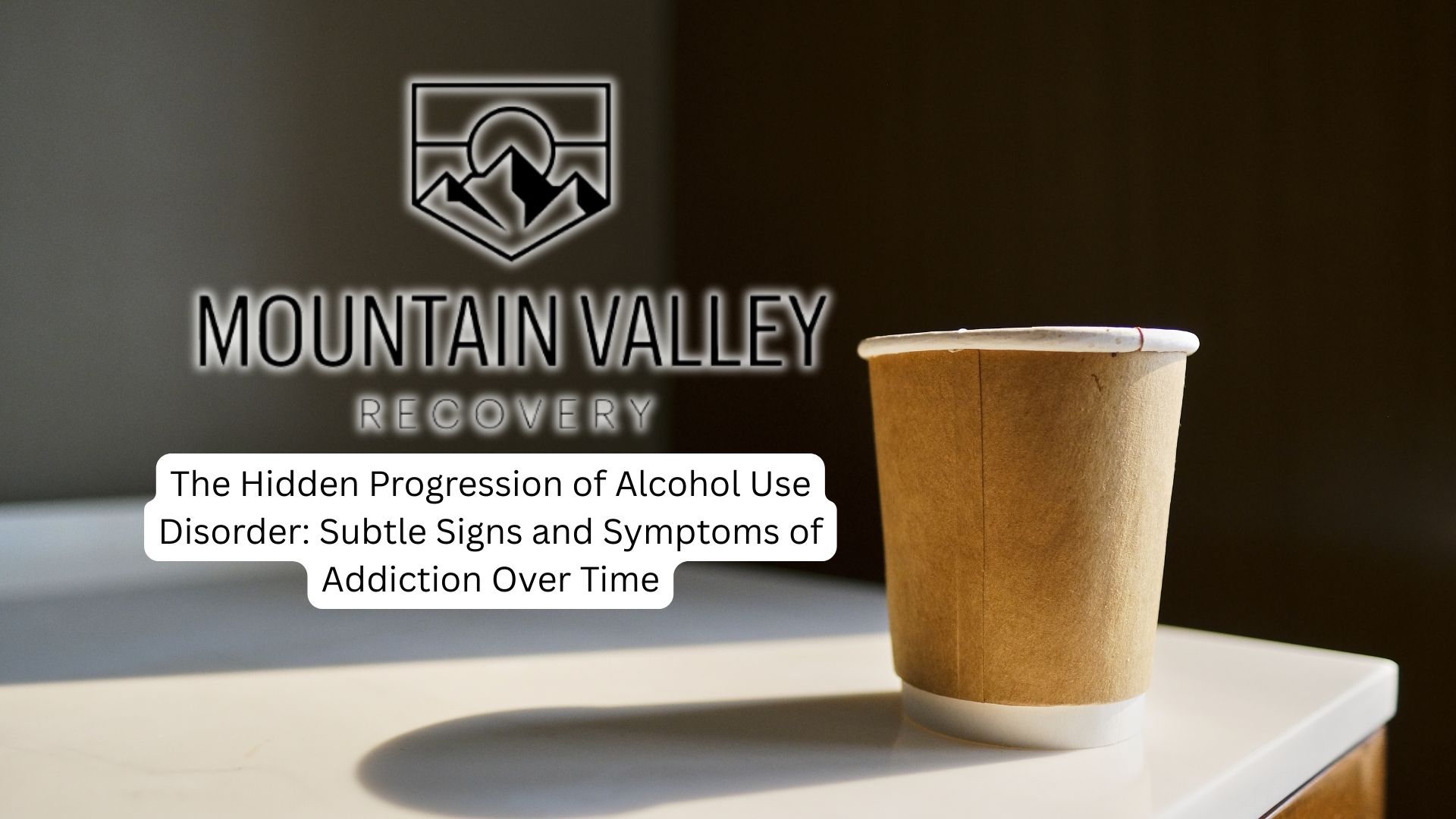Trauma-informed care acknowledges the pervasive impact of trauma and recognizes potential paths to recovery. It recognizes the signs and symptoms of trauma in clients, families, staff, and others involved with the system. This approach is especially important for men, as it provides a safe environment to explore vulnerability, challenge harmful stereotypes, and develop healthier coping strategies.
This article will examine the principles of trauma-informed care, its specific applications for men in recovery, and the transformative effect it can have on individuals, families, and communities.
Understanding Trauma’s Impact on Men
Trauma’s impact on men is often overlooked, yet it plays a significant role in the development of substance use disorders.
Many men turn to substance use as a way to cope with the emotional pain and distress caused by trauma. Societal expectations and stigma surrounding male vulnerability can make it difficult for men to seek help for trauma-related issues.
This can create a cycle of shame, anger, and helplessness that perpetuates substance use. To break this cycle, it’s crucial for mental health and addiction treatment services to provide trauma-informed care that addresses the unique needs of men in recovery.
The Principles of Trauma-Informed Care
A trauma-informed approach prioritizes safety, both physically and emotionally, ensuring that you feel secure in your treatment environment. This safe space allows you to explore your experiences and emotions without fear of judgment or harm.
Trustworthiness and transparency are essential in building a collaborative relationship with your healthcare providers. When you feel informed and involved in your treatment decisions, you’re more likely to engage actively in your recovery process.
Peer support is another crucial aspect of trauma-informed care, connecting you with others who’ve faced similar challenges. These connections can reduce feelings of isolation and foster a sense of belonging.
Trauma-informed care also recognizes the importance of cultural, historical, and gender considerations in your healing journey.

The Importance of Trauma-Informed Care for Men in Recovery
Trauma-informed treatment is essential for addressing the complex interplay between substance use and mental health issues that many men face. By prioritizing safety, trustworthiness, and empowerment, you can create a safe environment that encourages men to open up about their experiences and engage fully in their recovery process.
Incorporating gender-specific programs within a trauma-informed framework allows you to address the societal pressures and stigma that often hinder men’s progress.
By providing targeted support and fostering healthier coping strategies, you can help men build the resilience and emotional regulation skills necessary for long-term recovery.
Here are highlighted the challenges most commonly emerging in men’s only rehabs for dual diagnosis cases.
Implementing Trauma-Informed Care in Recovery Programs
Implementing trauma-informed care (TIC) in recovery programs is a critical step in addressing the high prevalence of trauma among individuals with substance use disorders.
This approach is particularly important for men, as societal expectations often make it challenging for them to openly discuss their experiences. Integrating TIC principles into both individual and group therapy sessions allows men to feel more comfortable sharing their stories and exploring the complex interplay between trauma, substance use, and mental health.
Practical applications of TIC, such as the Seeking Safety group model, focus on enhancing coping skills and establishing safety while simultaneously addressing trauma and addiction.
Therapeutic Approaches within Trauma-Informed Care for Men
Cognitive Behavioral Therapy (CBT) is a key treatment that helps reshape negative thought patterns and enhance coping mechanisms related to trauma and substance use.
You’ll also find Eye Movement Desensitization and Reprocessing (EMDR) used to process traumatic memories, reducing PTSD symptoms and improving emotional regulation.
Mindfulness and grounding techniques are integral, promoting present-moment awareness to manage anxiety and stress stemming from trauma.
Group therapy fosters shared experiences and support, creating a sense of belonging that enhances healing.
Throughout treatment, a strengths-based perspective empowers you to recognize your resilience and capabilities.
Final Thoughts from Mountain Valley Recovery
At Mountain Valley Recovery, we recognize the significance of customizing treatment to address the unique needs of men. Our inpatient rehabilitation program is designed to offer a secure and supportive environment where men can confront their trauma and addiction challenges without fear of judgment or stigma. We integrate trauma-informed care principles throughout all facets of our treatment approach, guaranteeing that each individual receives the comprehensive support necessary to heal and flourish.





